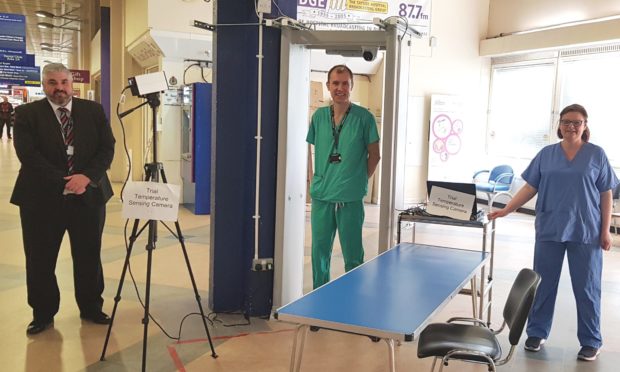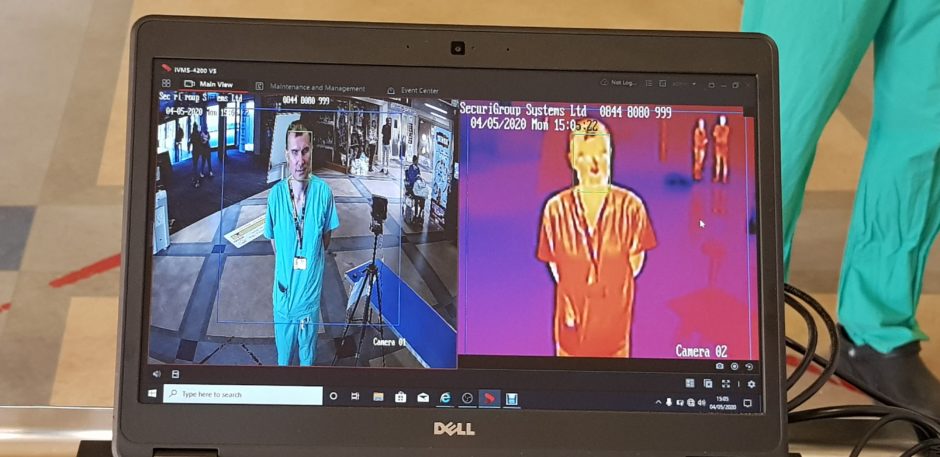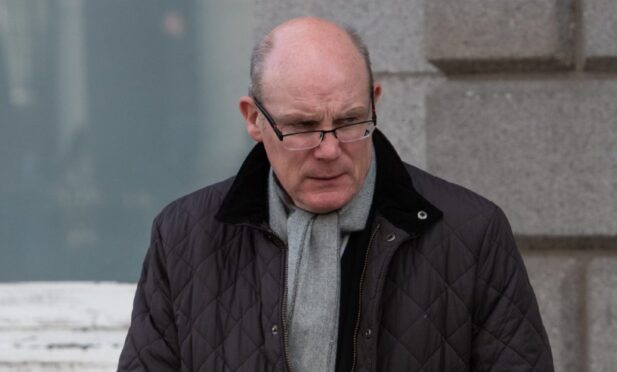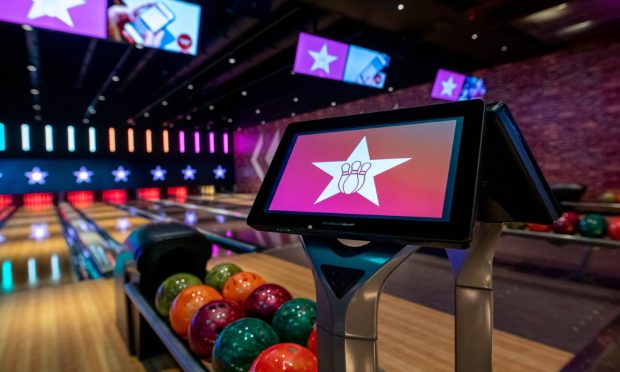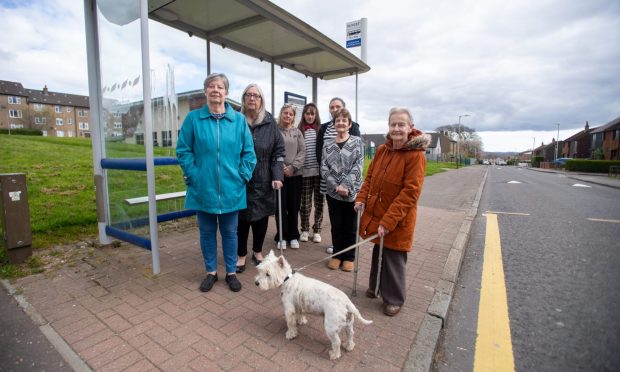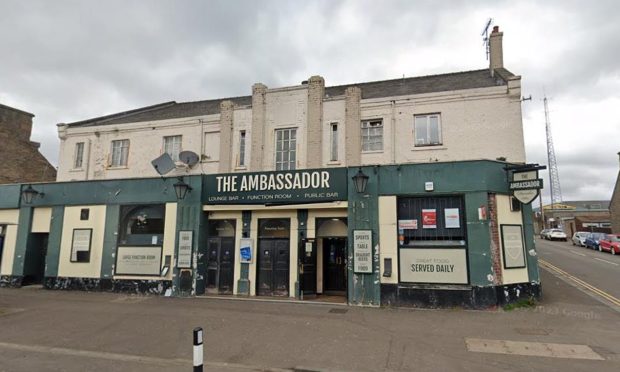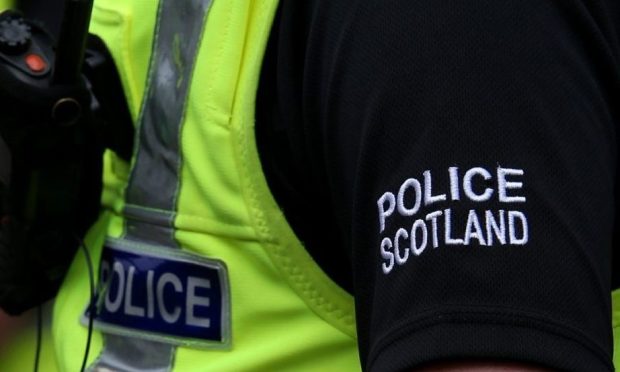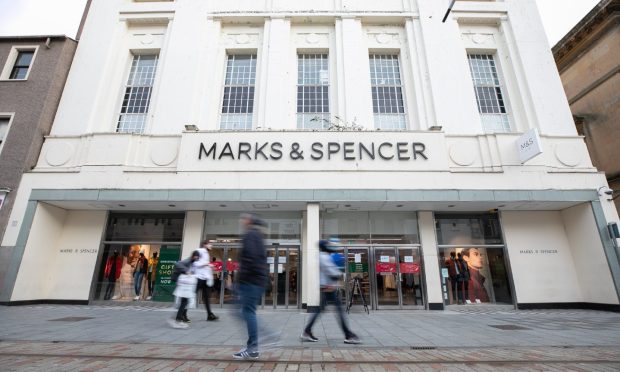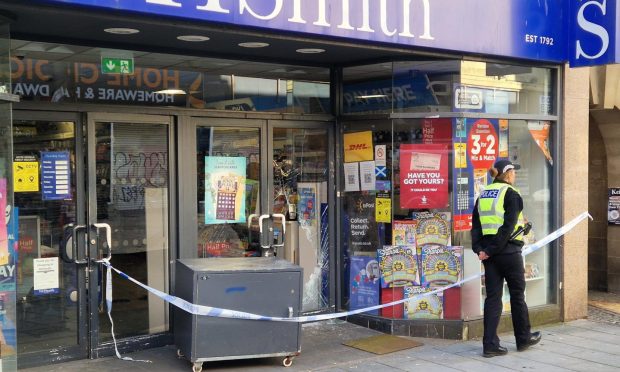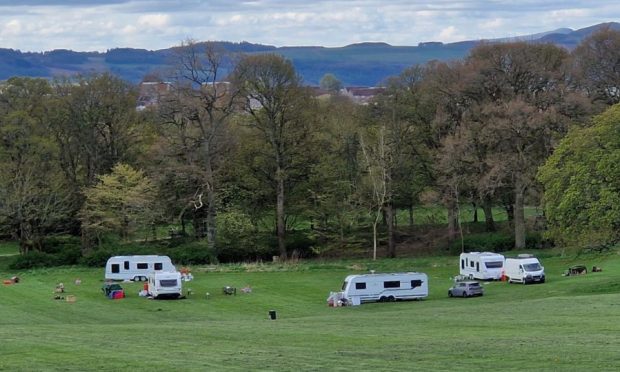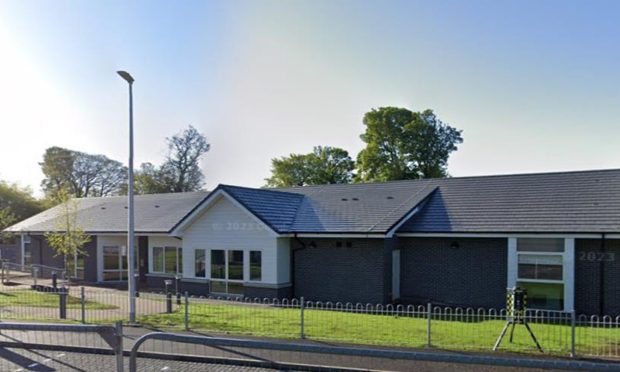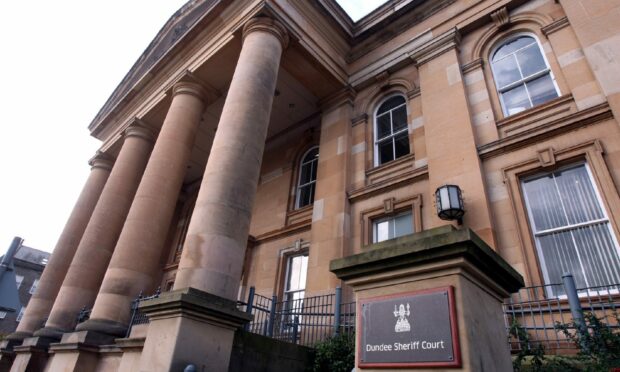Thousands of patients attending outpatient appointments at Tayside’s biggest hospital will have their temperature tested upon entering the building.
Thermal technology will be used to test outpatients at Ninewells Hospital in Dundee, as part of efforts to stop coronavirus spreading.
Routine visits have been suspended during the pandemic but around 350 patients are still attending for urgent appointments, including cancer treatments.
Two machines are being trialled at the hospital’s main entrance – a walk-through body scanner and a camera which measures temperature from skin on the face.
Anyone who uses the entrance, including staff, will be tested in a bid to stop people with a high temperature, one of the most common coronavirus symptoms, from spreading the virus.
Professor Colin Fleming, operational medical director at NHS Tayside, said: “It is part of a number of measures to raise awareness of symptoms of covid-19 disease.
“To make the hospital as safe as possible, we are asking if they have a temperature or cough. We are just testing it at the moment to see if it will be useful. It’s an additional check on top of what we already do.
“If they have a temperature we will have a chat with them and ask them to follow the advice surrounding symptoms.
“It is in no way harmful to the person, it simply picks up the warmth the body naturally creates. 99 people out of 100 could walk through with no symptoms but it can flag up people with potential symptoms.”
The normal body temperature is around 37 degrees but a fever seen in coronavirus patients can reach 39 degrees.
The camera being tested is connected to a screen, which will change colour if the person has a high temperature and the scanner will sound to alert a fever’s presence.
The equipment has been donated by Securigroup, which has been creating the contact-free temperature testers using thermal technology. They are being used in distribution centres, factories and offices to prevent the risk of coronavirus spreading.
Similar scanners have been trialled at Manchester Airport.
Professor Fleming added: “We have had lots of generous donations and we are really grateful for all of them.
“We are looking at the donations we have been given and offered to see what is going to be useful to raise awareness and reduce the rest of spreading.
“It is too early to say if it is working [to stop spreading] but it will definitely help to raise awareness because it helps make patients and staff members aware of how important it is that they don’t come to the hospital with a temperature.”
Last month, the health board was praised by Nicola Sturgeon for proactively testing its staff, with the First Minister calling the efforts “exemplar”.
It is not yet known if the equipment will be used in the long-term or rolled out to other NHS Tayside buildings.
“It makes sense to have it in the building with the highest footfall,” said Professor Fleming.
“There may be scope to have them elsewhere but it would be premature to say at this stage.
“We have been successful in Tayside in terms of trying to track the disease and testing. This is another tool which will hopefully help us in dealing with the disease.”
The scanners will be used alongside a web-based app.
Dundee-based developers Zudu created the system free of charge, to guide patients through a series of simple questions before they enter the hospital.
The app, which does not store any personal data, is free and will be used to self-assess on the day of appointments.
Advice will be provided to those who self-assess as having symptoms.
Patients who cannot use the app will be assessed on arrival at Ninewells.
Consultant Peter Ross, one of the clinicians leading the project, said: “We hope that the combination of the app and the thermal scanner will help to identify those with symptoms and ensure they get the care they need.
“It will also help to stop patients who have symptoms coming to hospital so will further protect other patients, our staff and the public at large.”
